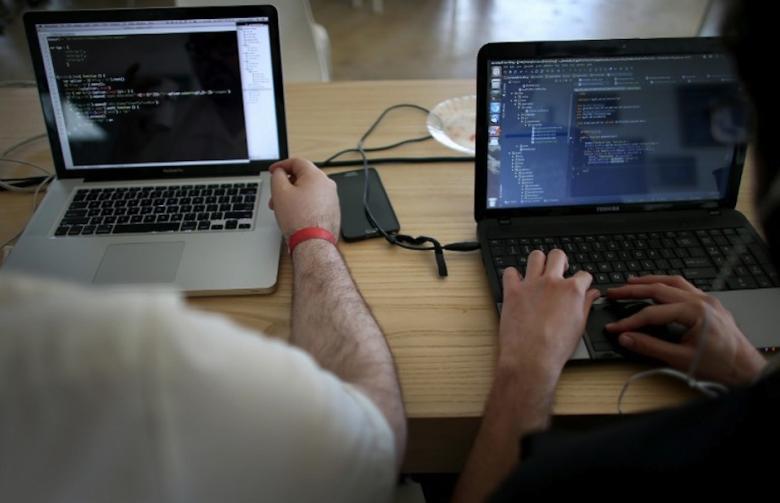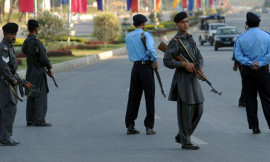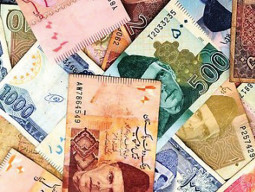
Several cases of fraudsters depriving citizens of millions of rupees through online transactions by using the phone number masking technology.
The victims include educated people and high-ranking officials who came to know about the fraud after millions of rupees were transferred from their bank accounts within seconds.
Federal Investigation Agency (FIA) Cybercrime Wing officials say they receive about 20 complaints daily about such scams.
The officials said that amid an increase in online fraud cases, the fraudsters were now making calls using phone number masking through mobile applications available online from abroad for up to $20.
The name of the FBR, State Bank or any other institution or bank appears on the mobile phone screen of the call recipient and the caller claims that suspicious transactions from their accounts have been detected. Similar allegations about foreign exchange transactions are also made to scare the victims.
The callers skillfully and confidently seek information about the dates of first and last transactions from the account, date of birth and qualification of the user, luring even educated professionals and businesspersons to divulge their bank details, resulting in the transfer of money from their accounts.
FIA officials say the fraudsters have acquired thousands of SIMs of various mobile phone service companies through fake biometric verification machines with the help of stolen identity card data.
Read Cybercrime quintupled during pandemic
The SIMs have also new used to defraud people by offering them online banking, ATM cards, lucky schemes, Ehsaas financial support programmes and prize offers.
Lahore FIA Cybercrime Wing has arrested more than a dozen people involved in the fraud and seized hundreds of SIMs and biometric verification systems but complaints by victims keep pouring in, especially of withdrawal of money from bank accounts.
According to a complainant, Dr Yasir Mehmood, he received a call ostensibly from the SBP. “The caller gave me information that confused me and I gave him my PIN code, after which Rs1.2 million was transferred from my account.”
A businessman in Model Town, Saad, said he was told that he was talking to an official of the Federal Board of Revenue.
“They had all my business information and also told me about some transactions. The caller warned that if I did not provide the information being sought, my shipment would be stopped. If there was a delay in my shipment, I would have lost millions of rupees. I had a little argument with the officer and he hung up the phone. I anxiously called his number and found out that there was a phone exchange as in offices with a message to dial an extension or wait to speak to an operator. I was very upset and as soon as the line was connected, I gave more information about my business. Ten minutes later I got a message from the bank that Rs 3.7 million had been withdrawn from my account,” he added.
The record of FIA wing shows that it has 7,602 inquiries under way in Lahore, Multan, Faisalabad and Gujranwala, including 3,320 in the provincial capital. About 1,500/of the complaints in the metropolis are from educated people, including businessmen, lawyers, doctors, goods suppliers and trades.
There is also a group of fraudsters who pose as close relatives of the recipients of the calls and seek urgent online money transfers because of an accident or emergency.
When contacted, FIA Cybercrime Wing Director Babar Bakht Qureshi said more than 20 people, including foreigners, had been arrested and teams had been formed to take further action in view of the information obtained from them. The teams are taking action against the suspects in different cities, including Lahore and Faisalabad.
The official said a large network involving a lot of people was involved in the scams. Phone calls are made using stolen identity card data and mobile phone masking. All information provided on the card is provided and victims think that the call is from a bank. The callers take the ATM PIN code and immediately withdraw money from the account through online banking.
The official said the number of such cases was increasing. People should also not provide their information.
He said top officials of various mobile phone companies had been given long lists of phone numbers used in fraud that had been blocked.
Published in The Express Tribune, October 22nd, 2021.





















COMMENTS
Comments are moderated and generally will be posted if they are on-topic and not abusive.
For more information, please see our Comments FAQ